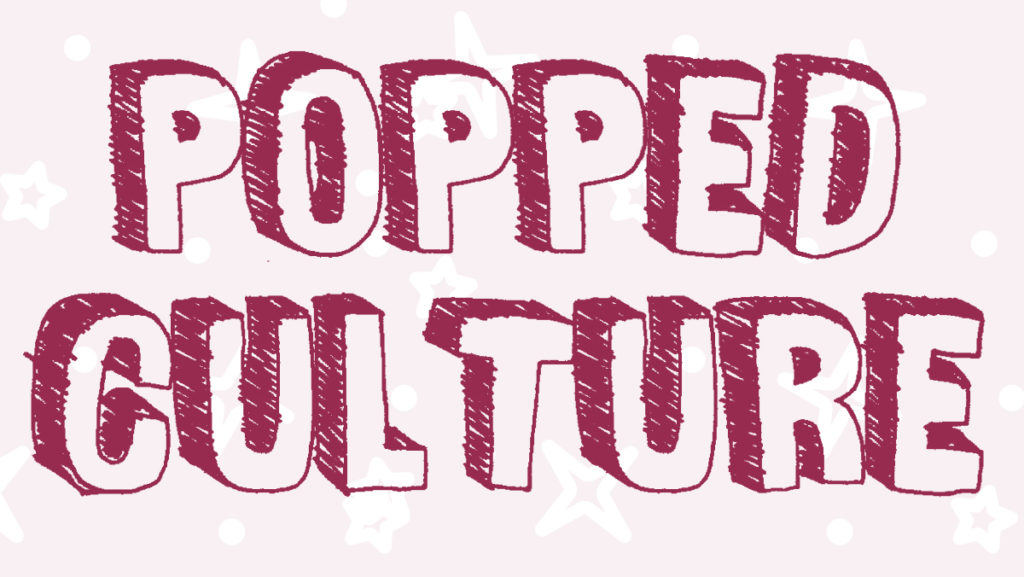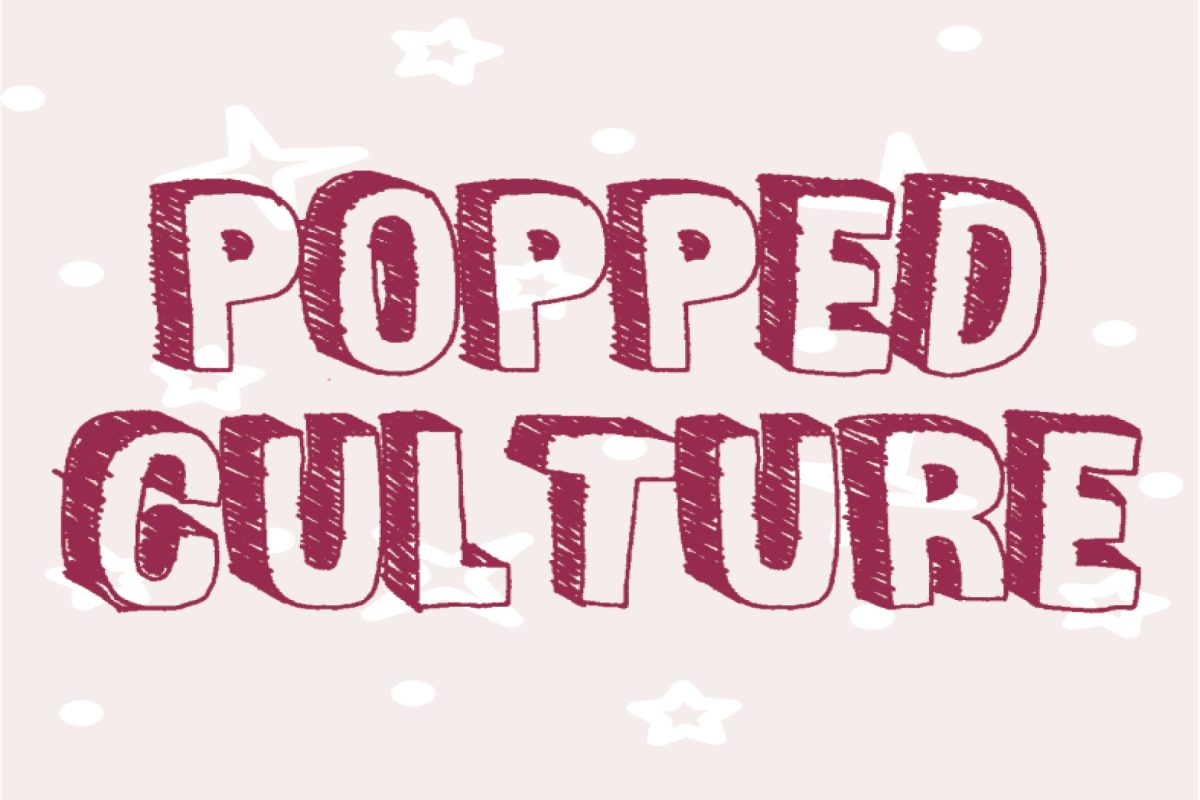When I was a kid, my favorite authors were names to look up in the library and black-and-white pictures on the jacket of a book. If I was lucky, maybe there would be a Q&A in the back of the book, or I could find a singular interview with them on YouTube. Regardless, if I saw any of my favorite authors in public I wouldn’t be able to recognize them.
Now, almost any author can be found on social media making daily Twitter or Instagram posts, filming YouTube blogs or even streaming video games on Twitch. Authors are celebrities with faces, social media is the most powerful advertising tool for publishers and book publishing is forever changed.
For the past two years, Brandon Sanderson, author of the popular “Mistborn” series and many other fantasy novels, has posted multiple videos a week on his YouTube channel, primarily focused on promoting his books and giving advice to aspiring authors. Last month he broke the record for the most-funded Kickstarter by raising $41 million for the publication of four secret books he wrote while in lockdown that his publishers were not expecting to receive.
Patrick Rothfuss, author of “The Kingkiller Chronicles,” streams himself playing video games on Twitch every Friday and has 102,000 subscribers on the platform. Rainbow Rowell, author of “Fangirl,” “Carry on” and other YA romance novels, has around 224,000 followers on Instagram and posts regularly.
Like many other celebrities, authors primarily post on social media for marketing purposes to gather more attention for their books and to engage with their audience. Publishers often expect authors to market themselves after making a book deal. After all, if an author has a big audience, then so does the book. Some book contracts also require that authors make a specific number of social media posts about their books before and after they are published to gain interest.
For authors like Sanderson and Rothfuss who were big names prior to stepping into online spaces, social media has extended their reach and caused them to generate larger online fandoms. But for newer authors, social media serves as a tool to find their audience.
Xiran Jay Zhao is a rising star in the fantasy genre whose debut book, “Iron Widow,” made it to the New York Times Bestseller list last year. Zhao worked for eight years to get published, but their novel was not projected to be a big release by publishers. Last year, prior to their book being published, Zhao started a YouTube channel where they posted videos about the portrayal of Chinese culture in the media, and through this, they built up an online presence that propelled their writing career. Due to the support from Zhao’s online audience, “Iron Widow” debuted with high sales. As Zhao put it, “I memed my way to the bestseller list,” by posting memes and information about their book on Twitter.
While social media gave Zhao’s writing career a chance to flourish, online spaces have proven to be a double-edged sword for other authors. In a column published on BookRiot, Tirzah Price, author of “The Jane Austen Murder Mysteries,” spoke on how many authors are unprepared for the demands of fans on social media and the parasocial relationships they are required to maintain. Price said she has not only had fans ask her personal questions, but one asked for her specific location after she posted a picture taken by a lake and was able to guess a location very close to where she was.
Managing parasocial relationships is something that all artists have to deal with and is commonplace in the music and film industry. It has always existed in the publishing industry as well, but giving faces and lives to authors has made it more prevalent than ever before.
In many cases, social media has made it so authors are not just authors anymore. They are streamers, YouTubers and Twitter and Instagram bloggers. Although their talent as writers and their ability to tell compelling stories remains supreme, success online has an impact on the success of their books.





